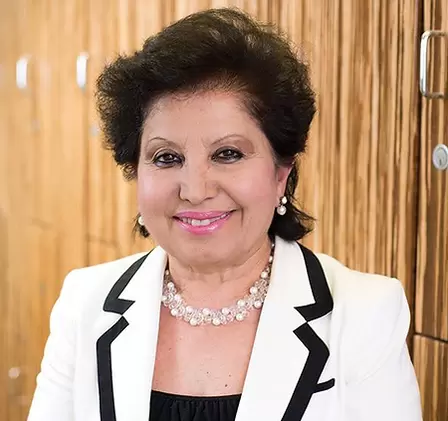Anahid Jewett, PhD, MPHDr. Anahid Jewett is a Professor in the Section of Oral Biology in the Division of Oral Biology and Medicine at the UCLA School of Dentistry. Dr. Jewett is also a member of the Jane and Jerry Weintraub Center for Reconstructive Biotechnology, the Jonsson Comprehensive Cancer Center (JCCC) and the UCLA Tumor Immunology subgroup. Dr. Jewett is a globally respected immunologist with many groundbreaking discoveries related to both cancer and ALS. Regarding ALS, she has identified issues with specific cells and what is happening within the immune system that is breaking down and impacting individuals with ALS. Understanding the granular details of “why is this happening” is leading to treatment strategies to find a cure. Read more about Dr. Jewett’s comprehensive ALS study identifying “…several basic mechanisms which were potentially involved in the disease induction and progression.” |
Professional Memberships
American Association of Immunologist (AAI)
American Association of Advancement for Science (AAAS)
Chancellor's Animal Research Committee (ARC)
Dental Research Institute
International and American Association of Dental Research (IADR, AADR)
Johnsson Comprehensive Cancer Center (JCCC)
Southern California American Society for Microbiology (SCASM)
More on Dr. Jewett’s work over the past decades
Dr. Jewett's work is concentrated on the mechanisms of inactivation and cell death of Natural Killer cells. These cells play crucial effector functions in the host defense against viral and bacterial infections and malignant transformation. Dr. Jewett has shown that cytotoxic function of NK cells is significantly suppressed in the tumor microenvironment by a number of distinct effectors. She has previously demonstrated the role of NK cells in specific elimination of stem cells and not their differentiated counterparts. Indeed, she was the first to coin the term split anergy for the function of NK cells. She has also discovered that there is a stage wise susceptibility to NK cell mediated cytotoxicity in many tumors in which case the poorly differentiated tumors were lysed much more than their moderately differentiated tumors. The well differentiated tumors were lysed the least when compared to either the moderately differentiated tumors or to poorly differentiated tumors. She has also reported that inhibition of differentiation or reversion of cells to a less-differentiated stage by blocking key genes significantly augmented NK cell cytotoxicity against both transformed and healthy cells.
